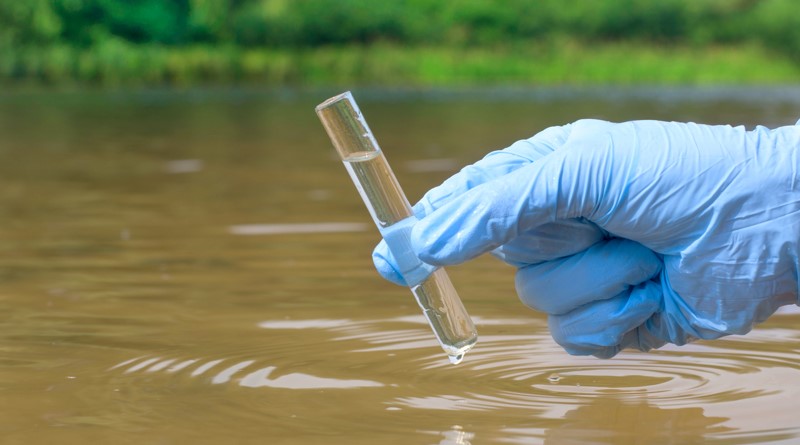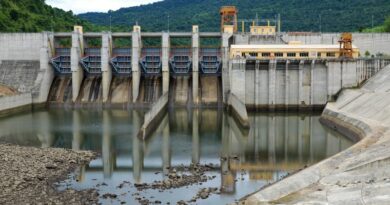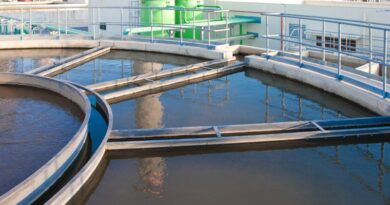CSIR labs propose IoT-based drinking water quantity monitoring to Centre

Several labs of the state-run Council of Scientific and Industrial Research (CSIR) have come together to propose to the Centre an IoT-based monitoring mechanism for drinking water quantity and quality in rural drinking water systems across different parts of the country.
The proposal, which will see a unique partnership between the CSIR labs, is one of the six innovation and eight research & development (R&D) proposals put across to the Union Jal Shakti Ministry in the recent meeting of a technical committee constituted under Jal Jeevan Mission (JJM) to identify new technologies and select high-end R&D proposals for funding.
The committee would now consider the innovation & R&D proposals for listing in the innovation portal of the Department of Drinking Water & Sanitation in the Ministry. The recommendations by the Committee would help the states and UTs to use these technologies depending on their requirement and suitability.
The proposals form an integral part of the Centre’s ambitious Jal Jeevan Mission, which it is taking up in partnership with states, to make provision of tap water supply to every rural home of the country by 2024. To realize the goal of the Mission with ‘speed and scale’, the requirement of innovative technological solutions has been realised.
To assist the implementation agencies, the technical committee, under the chairmanship of Principal Scientific Advisor to Government, is identifying new technologies and selecting R&D proposals for funding. The committee has representatives from Scientific Departments of the Union Government, IITs, state Governments, NITI Aayog, NGOs and UNICEF.
Since October 2019, the committee has considered 114 innovative technologies and 84 R&D proposals and has accepted 10 innovative technologies and two R&D proposals for funding.
The innovative technologies approved so far are in the areas of decentralised and packaged sewage treatment, treatment of grey water and black water using a combination of green plants and bacterial culture, drinking water disinfection using auto-chlorination, IoT-based electric vehicle for delivery of drinking water to households, water quality measurement kits using photometry and IoT based AI/ML driven on-line water quality monitoring and disinfection.
Under the R&D proposals, one pertains to developing an inexpensive hand-held user-friendly device to produce quality drinking water in an emergency such as a flood and can be used to directly convert contaminated floodwater into potable water. The other is on demonstration of a technology for remediating community well water contaminated with an emerging & endocrine disrupting micro pollutant, perchlorate in Kerala, said an official statement.


